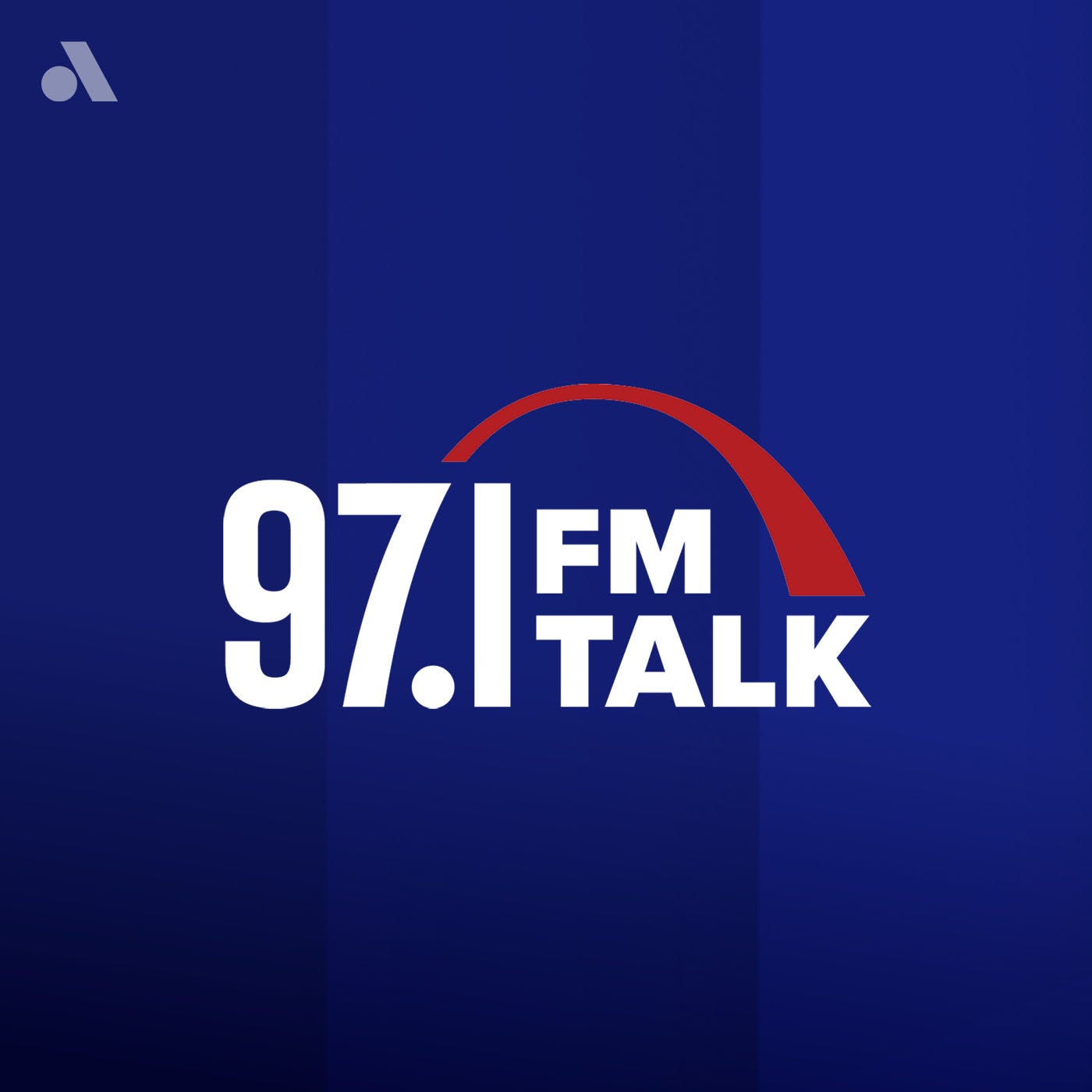
Are you the type of person who eats your largest meal of the day for breakfast?
The common notion is that eating a big breakfast and light dinner helps people burn more calories. But new research indicates that frontloading the bulk of your calories early in the day may not be as beneficial as previously thought.
A new study found that eating the bulk of one's calories in the morning doesn't help people lose weight any more than eating those calories at night, NBC News reported.
The research, published in the journal Cell Metabolism, was based on an experiment in the United Kingdom involving 30 obese or overweight adults.
For one month, half of the group consumed 45% of their daily calories at breakfast, 35% at lunch and 20% at dinner, while the other half consumed 20% at breakfast, 35% at lunch and 45% at dinner. The groups then switched schedules and followed the opposite caloric intake for another four weeks.
The study found that both diets produced similar weight loss, with no differences in energy metabolism. Both groups lost the same amount of weight around seven pounds.
The results show that "there's no magic fat-burning effect from the timing of your meals," according to Courtney Peterson, an associate professor of nutrition sciences at the University of Alabama at Birmingham who wasn't involved in the research.
"There are two ways to lose weight: You can either burn more calories or you can eat less," Peterson told NBC News. "In the real world, if people are less hungry, they eat less, so that usually translates into weight loss."

The study did note that people who ate bigger meals in the morning reported feeling less hungry throughout the day.
What it all means, according to the researchers, is that the time of day when a large meal is consumed simply does not influence weight loss. However, the study shows that eating a big breakfast causes appetite suppression, which could lead to weight loss.


